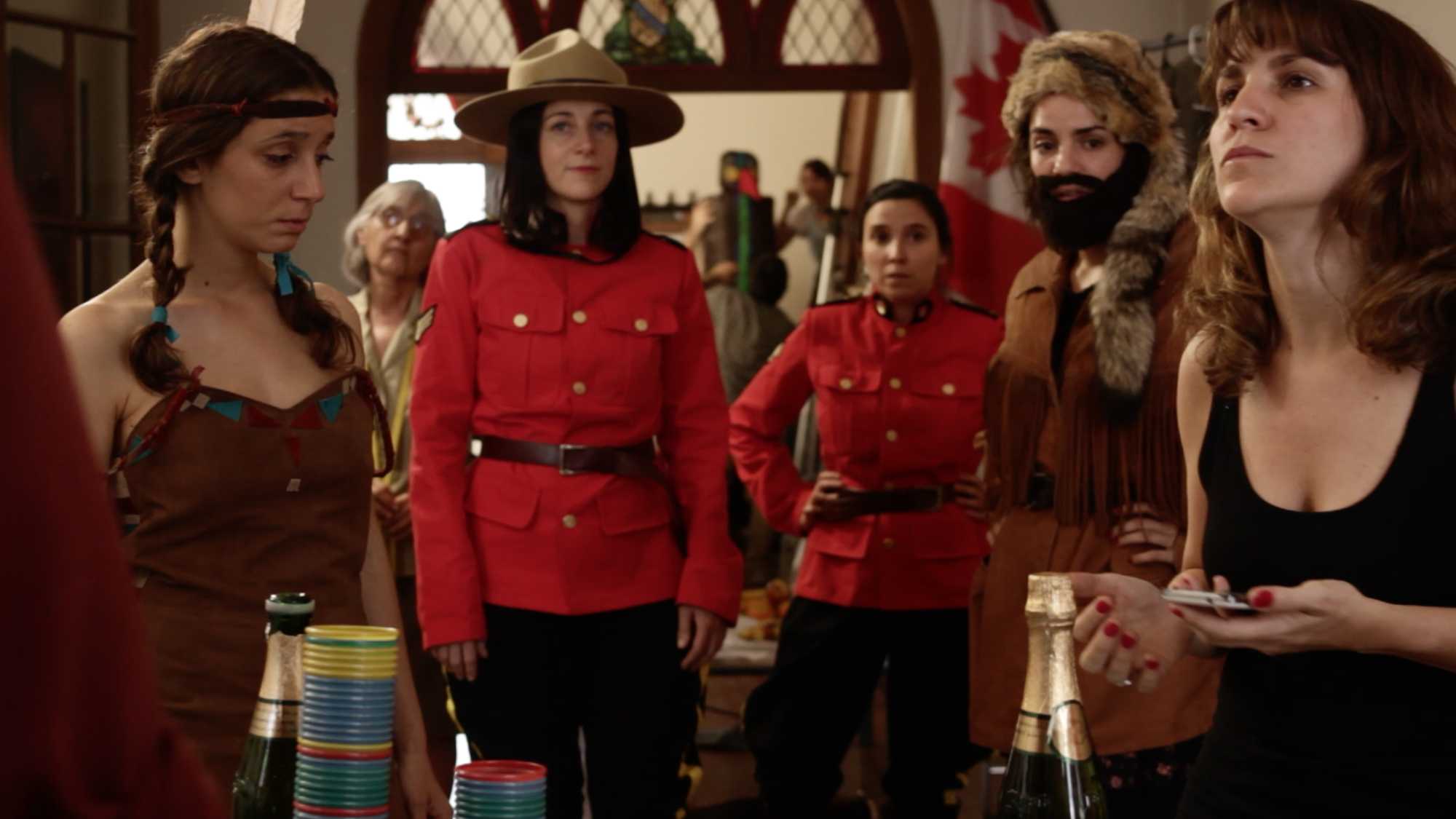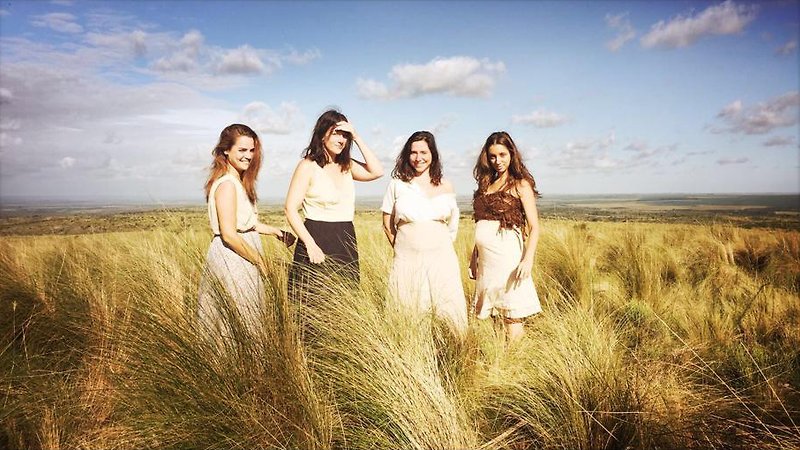At the beginning of this unparalleled movie event, director Mariano Llinás, looking exactly like a man who’s spent the last ten years of his life completing a film, explains to the camera what we’re about to witness. Six episodes – some without endings – and a multitude of genres, languages and destinations swirl around four actresses, who are on screen from start to finish. Llinás sounds eternally grateful – and a little apologetic – for their unerring devotion to his mad project, making it clear that La Flor is by and for these talented women.
In the consistently surprising 14 hours that follow, a cursed mummy attacks a team of scientists, an estranged musical couple reunite to record another hit ballad, a secret society schemes over the elixir of youth, and an outfit of secret agents awaits a showdown with rival assassins. Later, we meet a filmmaker who’s obsessed with shooting trees, and there’s even a silent black-and-white remake of Renoir’s A Day in the Country in the mix.
Easily the longest film this festival has ever programmed, Llinás’ follow-up to the brilliant Extraordinary Stories (NZIFF08) may also be one of the most playful we’ve ever seen – too playful for the realms of mass-produced modern television, to which it bears no comparison. With its offbeat creativity and reinvention of cinematic clichés – often refocused through the gaze of Llinás’ wonderful female troupe – La Flor figures movie-making, when liberated from both feature film duration norms and long-form narrative expectations, as a kind of giant artistic and storytelling sandpit. A marvel. — Tim Wong
Episode IV
In La Flor’s most self-reflexive chapter, an auteur prolongs work on his never-ending film production to photograph trees and revise his script. The four fed-up actresses, who may or may not be witches, invite the suspicions of a paranormal investigator after the film’s crew go missing.
Episode V
A near silent, black-and-white dalliance between two city women and two country boys. Based loosely on Jean Renoir’s lovely, lyrical – and famously unfinished – A Day in the Country (1936).
Episode VI
Shot through a turn-of-the-century haze, four women wander a barren landscape as intertitles, excerpted from a 1900 account of an Englishwoman’s escape from Native Americans, bring La Flor to a close.

